Table of Contents
Customer loyalty is the lifeblood of any successful business, serving as a key driver of growth, profitability, and sustainability. In today’s competitive landscape, understanding and cultivating customer loyalty has become a strategic imperative for organisations across industries. One powerful tool in this pursuit is the Net Promoter Score (NPS), a metric designed to measure customer loyalty and satisfaction. In this introduction, we embark on a journey to decode the complexities of customer loyalty by exploring the intricacies of the Net Promoter Score and its role in shaping business success.
The Net Promoter Score, or NPS, is a metric that provides businesses with valuable insights into their customers’ likelihood to recommend their products or services to others.The foundation lies in a straightforward inquiry: “What’s the probability that you’d suggest [company/product/service] to a friend or colleague?”
Customers respond on a scale of 0 to 10, with those scoring 9 or 10 considered promoters, 7 or 8 considered passive, and 0 to 6 considered detractors. By calculating the difference between the percentage of promoters and detractors, businesses can determine their Net Promoter Score, offering a clear measure of customer loyalty.
Throughout this exploration, we will delve into the nuances of the Net Promoter Score, uncovering its significance in understanding customer sentiment, predicting business growth, and driving organisational success. From its methodology to its practical applications, we will dissect the components of the NPS to reveal actionable insights for businesses seeking to cultivate and maintain loyal customer relationships. Join us as we unravel the mysteries of customer loyalty and unlock the power of the Net Promoter Score in shaping the future of business.
Understanding Customer Loyalty
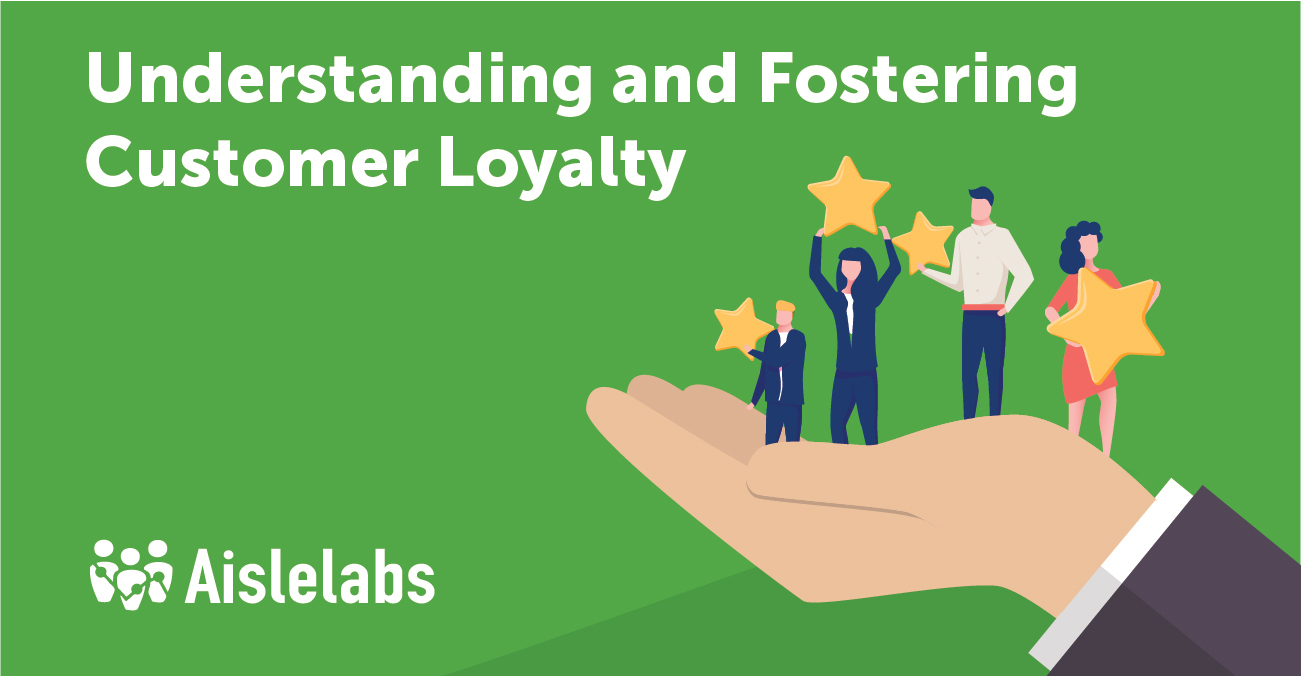
Definition of customer loyalty and its significance for businesses
Customer loyalty refers to the tendency of customers to consistently choose a particular brand, product, or service over others in the market. It is characterised by a strong emotional connection and repeat purchases, driving long-term profitability and sustainability for businesses. By fostering loyal relationships with customers, businesses can reduce churn, increase revenue, and gain a competitive edge in the marketplace.
Discussion on the factors that contribute to customer loyalty
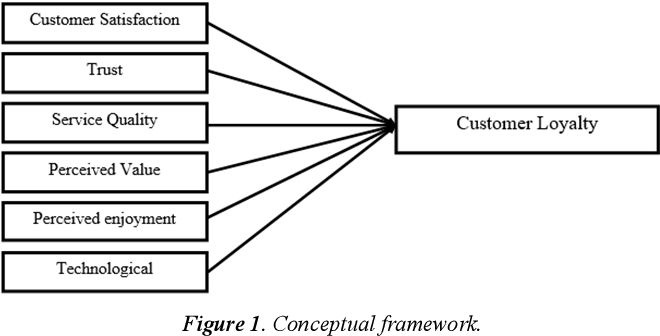
Factors contributing to customer loyalty include the quality of products or services, personalised experiences, and exceptional customer service. Consistent delivery of value, reliability, and meeting or exceeding customer expectations also play crucial roles. Additionally, factors such as brand reputation, trust, and emotional connections can significantly influence customer loyalty and retention.
Importance of measuring and understanding customer loyalty for business growth
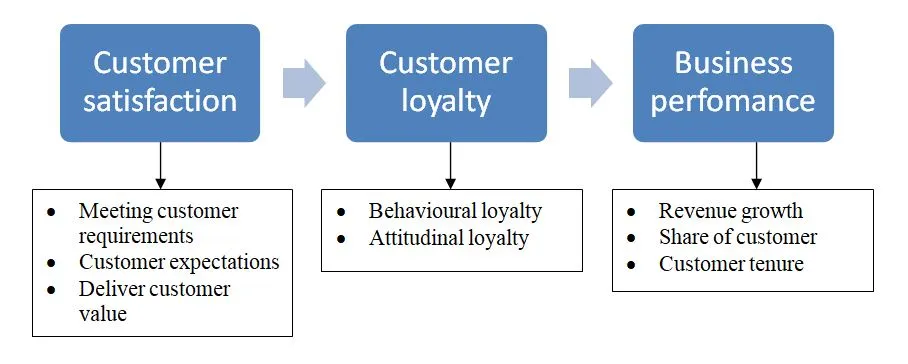
Measuring and understanding customer loyalty is vital for business growth as it allows companies to identify areas for improvement, enhance customer satisfaction, and increase customer retention rates. By focusing on cultivating loyal customer relationships, businesses can drive long-term profitability, foster brand advocacy, and gain a competitive advantage in the marketplace.
Benefits of Using the Net Promoter Score
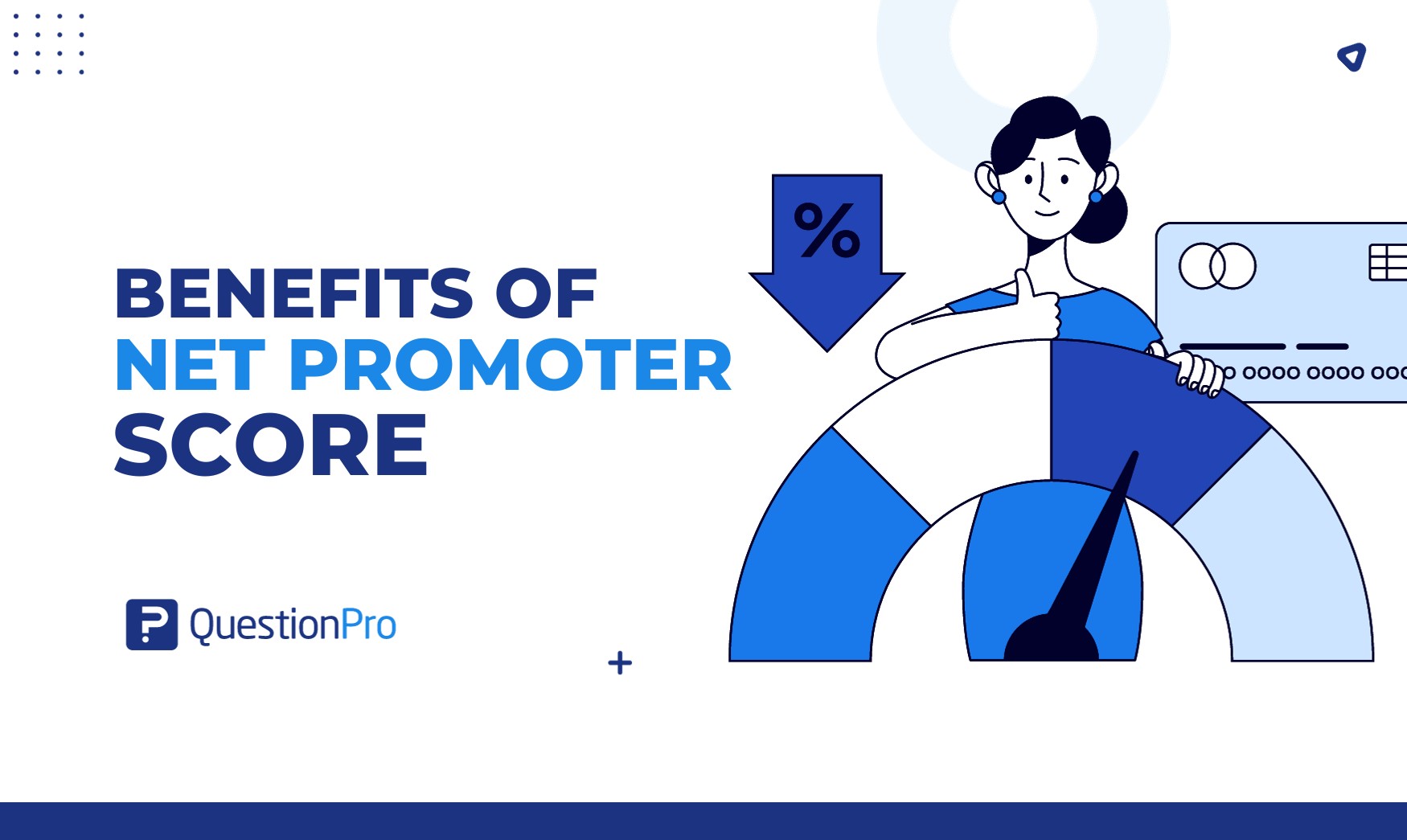
The Net Promoter Score (NPS) offers simplicity and effectiveness in measuring customer loyalty, providing businesses with actionable insights into customer sentiment. Its straightforward methodology allows for easy implementation, interpretation, and comparison across different industries, making it a valuable tool for gauging customer satisfaction and driving strategic decision-making.
Examples of companies that have successfully leveraged the NPS to drive growth and profitability
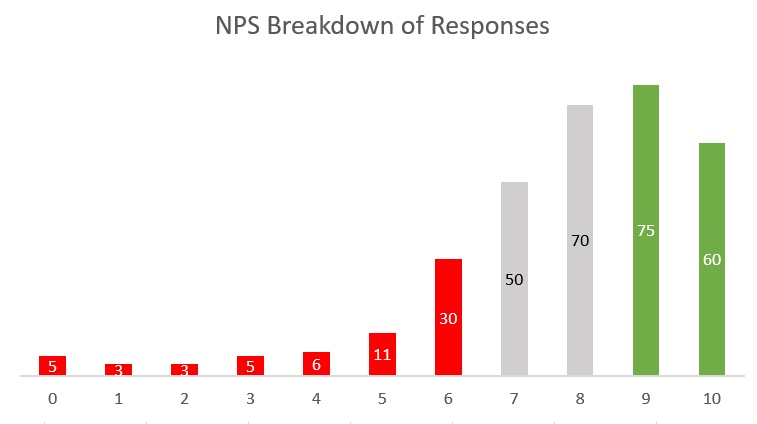
Companies like Apple, Amazon, and Southwest Airlines have effectively utilised the Net Promoter Score (NPS) to drive growth and profitability. For instance, Apple’s commitment to customer satisfaction and loyalty is reflected in its consistently high NPS scores, which have contributed to its strong brand reputation and market dominance. Similarly, Amazon’s customer-centric approach and relentless focus on delivering exceptional experiences have led to impressive NPS ratings, fueling its growth and expansion into various industries. Additionally, Southwest Airlines’ dedication to providing outstanding customer service has resulted in industry-leading NPS scores, reinforcing its position as a preferred choice among travellers and driving sustainable profitability. These examples highlight how leveraging the NPS can enable companies to cultivate loyal customer relationships, achieve business growth, and enhance overall profitability.
Frequently Asked Questions
What is the Net Promoter Score (NPS)?
The NPS is a customer loyalty metric used by businesses to measure the likelihood of customers to recommend their products or services to others.
How is the NPS calculated?
Customers are asked a single question: “How likely are you to recommend [company/product/service] to a friend or colleague?” based on a scale of 0 to 10. Respondents are then categorised as promoters (scoring 9-10), passives (scoring 7-8), or detractors (scoring 0-6). The Net Promoter Score (NPS) is derived by deducting the percentage of detractors from the percentage of promoters.
Why is the NPS important for businesses?
The NPS provides valuable insights into customer sentiment and loyalty, allowing businesses to identify areas for improvement, enhance customer satisfaction, and drive growth and profitability.
How can businesses use the NPS to improve customer loyalty?
By monitoring NPS scores over time and identifying trends, businesses can pinpoint areas of strength and weakness in their customer experience. They can then take targeted actions to address issues, improve customer satisfaction, and foster greater loyalty.
What are some best practices for implementing the NPS effectively?
Best practices include ensuring clear communication of the NPS survey purpose, collecting feedback at key touchpoints in the customer journey, and taking prompt action on customer feedback to demonstrate responsiveness and commitment to improvement.
Understanding the Significance of Net Promoter Score (NPS) in Customer Experience Management
Net Promoter Score (NPS) is an indispensable metric utilized across industries to gauge customer loyalty and satisfaction levels. It operates on a scale from 0 to 10, with respondents categorized as promoters, passives, or detractors based on their ratings. Calculated by subtracting the percentage of detractors from promoters, NPS offers a clear indicator of customer sentiment.
This actionable data empowers businesses to pinpoint areas for improvement and optimize customer experiences. By fostering a higher ratio of promoters to detractors, organizations can drive growth and enhance brand reputation. NPS stands as a cornerstone in customer experience management, guiding strategic decisions and ensuring long-term success.
Conclusion
In summary, the Net Promoter Score (NPS) serves as a potent instrument for businesses aiming to gauge and enhance customer loyalty. By providing a simple yet effective metric for gauging customer sentiment, the NPS enables companies to identify areas for improvement, enhance customer satisfaction, and drive growth and profitability. Throughout this exploration, we’ve uncovered the importance of understanding customer loyalty and the role that the NPS plays in shaping strategic decision-making and driving business success.
From its straightforward methodology to its ability to provide actionable insights, the NPS offers businesses a valuable framework for evaluating their performance and fostering greater customer loyalty. Companies like Apple, Amazon, and Southwest Airlines have successfully leveraged the NPS to drive growth and profitability, demonstrating the effectiveness of this metric in cultivating loyal customer relationships.
For More Information Please Visit These Websites Mindmeister